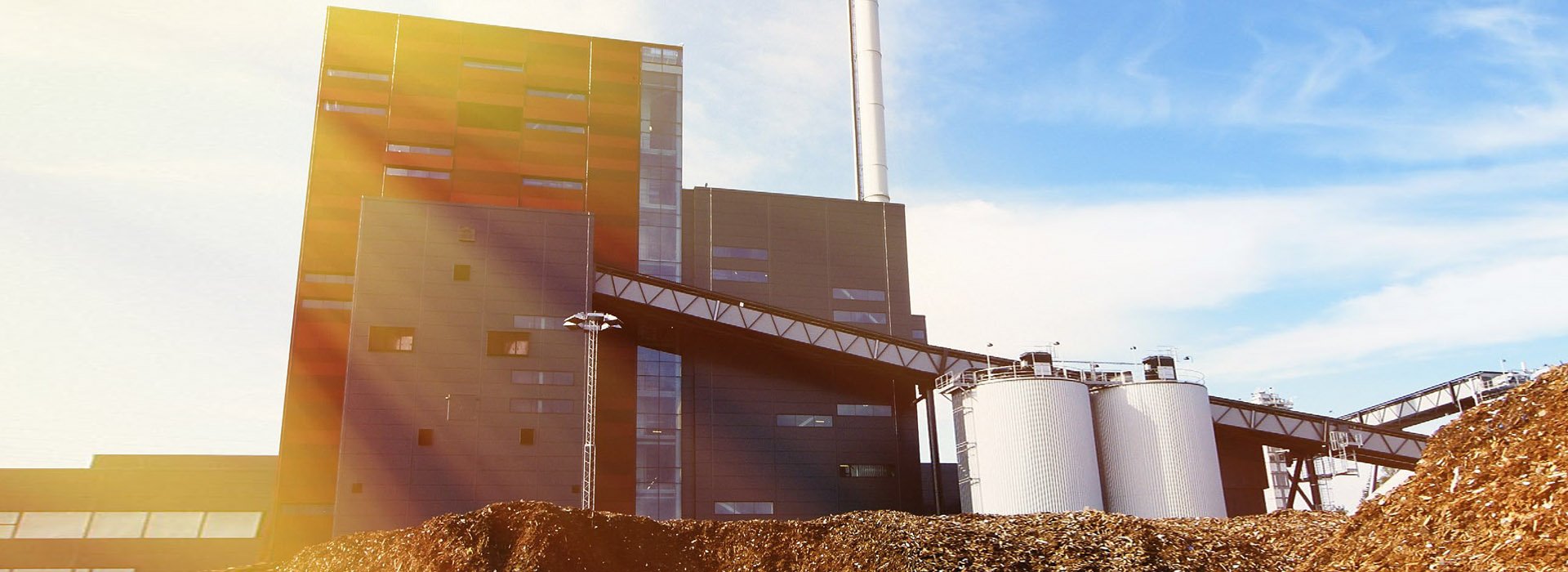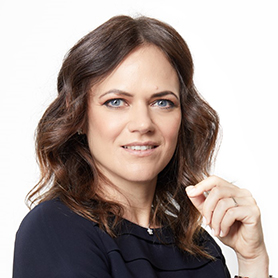Deborah Zani: Sustainability as an adaptive process
As technological market leaders of wooden homes, Dr. Deborah Zani knows there is always scope for improvement and is passionate about the importance of collaboration to drive sustainability.


Dr. Deborah Zani
Author*, and former CEO of Rubner Haus
Q.
Have you always had an interest in sustainability and how has your career to-date influenced your current role?
My grandmother grew salads and berries and it’s fair to say that sustainability has been a cultural theme in my family for as long as I can remember. I have always considered sustainability as a synonym for sincerity and sharing, which stems from my childhood. As my career progressed, I worked as a consultant for a systemic management consultancy, and have found out that sustainability has a lot to do with systemic thinking. I feel lucky to have been a CEO of a company that makes wooden houses, and able to represent a very sustainable product and a way of life. I’m very lucky to be able to work, and write about themes that have been close to me since being a child.
Q.
What do you consider to be the core values of good leadership, and what impact can this have on driving long term sustainable solutions?
Good leadership is having a very clear strategic idea and explaining it as simply as possible, so that people can share the idea and then find solutions together. Listening and sharing ideas is key, both within a company and the wider world.
I actually think that all leaders should be measured on sustainability and its effectiveness. It’s their task and responsibility, therefore they should be accountable. I am also convinced that leaders have a critical role in developing new sustainable approaches, and sharing them, protected by licensing, if needed. It depends on which sector you work in, and how big your enterprise is, as to whether you have an obligation to be the first to market and then share your findings, or whether you must think about collaboration with universities or other entities to find new solutions. Improving sustainability is an investment, which is where embracing circular economy can help, especially for SMEs. Then there’s the responsibility of the consumer, because at a certain point the responsibility of the producer stops, and the responsibility of the consumer starts. I think we should always look beyond production and consider extended consumer responsibility; because you can have a sustainable product but is the consumer using it in a sustainable way? Again, it’s a mindset, you’re not a green person because you buy a green house, it’s a whole concept of living that needs to be championed.
"Good leadership is having a very clear strategic idea and explaining it as simply as possible, so that people can share the idea and then find solutions together."
– Dr. Deborah Zani, Author*, and former CEO of Rubner Haus
Q.
In what capacity do you see technology and innovation creating more sustainable business practices? How can this be transferred to your consumers?
The key is to understand that sustainability is an adaptive process and innovation never ends. Just because you already have a sustainable product doesn’t mean you can’t improve it. It’s very easy to only think in sustainable terms about trying to perfect the product, but it doesn’t stop there as you have to consider your innovative processes and then take it further. It’s also about how your consumer consumes the product. So, in terms of innovation and technology, you have to consider the entire value chain. It’s a very big effort for many companies. At Rubner Haus, we had a very sustainable product but would go further such as helping consumers to understand how to use less energy and live sustainably in their homes utilising the latest technology and innovative materials, even down to the flooring and kitchens. You can also try to find companies with a long family tradition and high attention to sustainable methods.
"Low carbon is one of the starting points, but it must not be the only point. Whilst carbon neutral should be the target, it is simply not possible for some sectors; instead, they can be sustainable in many other ways."
– Dr. Deborah Zani, Author*, and former CEO of Rubner Haus
Q.
In the building industry safety is obviously a big topic, what impact does risk management have when creating a sustainable business?
Automatically, if you are a firm that wants to benefit society and get B Corp certification you have to look at the company as a whole, be efficient when it comes to the economics, re-write your governance and look at welfare.
Safety on the working site aligns a lot to the social aspect of the environmental, social, and governance (ESG), as demonstrating a high regard for working conditions and safety is a key area of the ‘social’ criteria of ESG.
Q.
What would you say are the current challenges on moving to a low carbon and more sustainable future?
Low carbon is one of the starting points, but it must not be the only point. In my view, reducing the theme of sustainability to just one point is unhelpful. So, whilst carbon neutral should be the target, it is simply not possible for some sectors; instead, they can be sustainable in many other ways. The reality is that it’s not an option but a necessity to go this way, and if companies don’t embrace this now, the consequences will be felt in a very short time.
Q.
How would you break down the three core drivers to create a successful sustainable business?
I’d say the first driver is profit, because if you’re not profitable then you cannot invest back into the environment and sustainability. The second is optimisation of products and the realisation that it’s an adaptive ongoing process whereby you should always be asking, where can I be more sustainable in developing the product or service? How can it be a closed loop and as sustainable as possible until the end of its life cycle? Where can I buy the materials without compromising my value chain partners? Can I help my partners to be more sustainable? And thirdly, it’s about people and developing a sense of community by giving back something good for employees, families of employees and those living in the local area. Integrate yourself and develop opportunities to create a positive experience.
"The key is to understand that sustainability is an adaptive process and innovation never ends."
– Dr. Deborah Zani, Author*, and former CEO of Rubner Haus
Q.
What would be your key message to other women looking to progress in sustainability roles?
I was the only female CEO in a male dominated company. This was challenging at times, but actually I think women have a key role to play in driving forward sustainable businesses as, in addition to business acumen, we also have soft skills required for the role, which can result in opportunities to be appointed to the highest level in companies. A strong point for me is that I see the whole of the issue and can consider the systemic approach. For me it’s about trying to find partnership and ways of working together with like-minded people and businesses. It’s hugely rewarding.
SOURCES:
*Deborah Zani “Sostenibilità e profitto. Il binomio del successo nel prossimo futuro”. Available on Amazon.